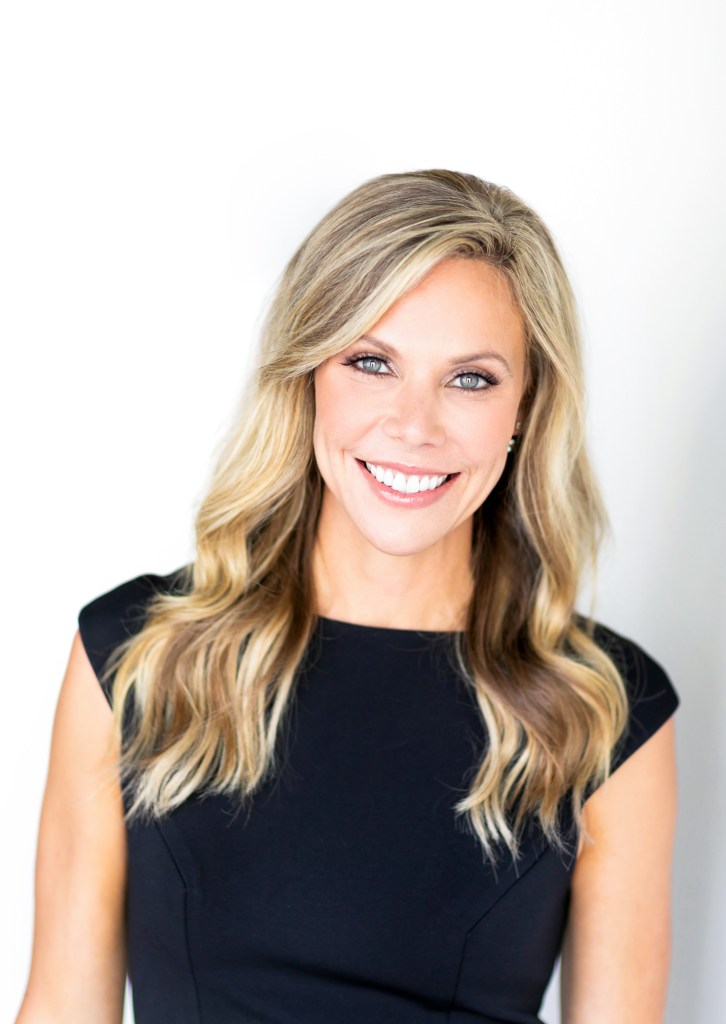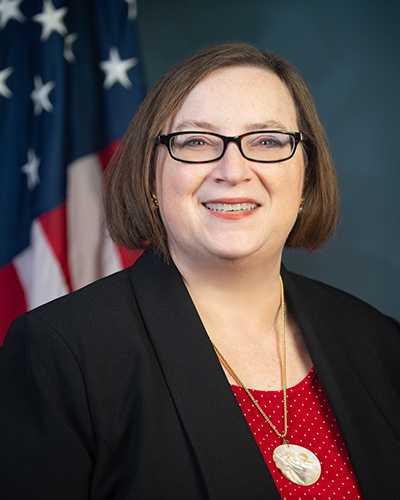The reverse mortgage business is about to wave goodbye to 2022, which was an active year for industry news. The reverse mortgage business underwent seismic shifts in activity and overall tenor between January, when the reverse mortgage refinance boom was still occurring, and December, when a new reverse mortgage limit of $1 million was announced. Late in the year, it also became clear that the top 10 biggest lenders would look very different in the new year.
As we get ready to bid farewell to a tumultuous year and welcome a new one, let’s take a look back at the top three biggest stories published on Reverse Mortgage Daily in 2022. These stories had a big impact on lenders, servicing and the Home Equity Conversion Mortgage (HECM) program.
#1: The collapse of RMF
In late November, RMD broke the news that Reverse Mortgage Lending, LLC (RMF) had filed a bankruptcy declaration — and had laid off hundreds of employees. We followed that story up with a deeper report that included over a dozen interviews with company employees, executives at rival lenders, and independent analysts. We also reviewed hundreds of pages of bankruptcy and bond documents to offer a clear picture of what led to the lender’s collapse.
Industry response to the collapse of RMF was widely aligned on the idea that RMF’s bankruptcy was a significant loss to the industry, even among competitors who stood to gain from the exit of a major player. This is largely due to the company being seen as an asset to the industry — due in part to its creation of educational materials and trust it had cultivated among the core demographic.
“RMF was excellent at marketing, and that always helps the rising tide to lift all ships. And so, to lose a player that was so influential with the seniors affects us all negatively,” HighTechLending President Don Currie said. “This is not a good thing for the industry. Even though some people might benefit temporarily by being able to aggregate some talent, the overall loss of a major player more than offsets that.”
#2: AAG layoffs, FoA’s acquisition plans
Industry-leading lender American Advisors Group (AAG) was hit hard by the reverse mortgage industry’s 2022 contraction, leading to several rounds of layoffs this year — which RMD reported on in June, August and October.
In addition, reverse mortgage industry volume fell sharply in September by over 43%. This was fueled largely by a sharp increase in interest rates that ate away the majority of the HECM-to-HECM (H2H) refi volume that had bolstered a lot of industry activity during the COVID-19 coronavirus pandemic, which analysts had long predicted.
Then, on December 7, Finance of America Companies (FoA), parent company of top 10 lender Finance of America Reverse (FAR), announced its intention to acquire the direct-to-consumer retail operation of AAG. The deal is expected to close in 2023 pending regulatory approvals.
This will change the reverse mortgage business landscape considerably in 2023 by combining the first- and third-largest players in the reverse mortgage space.

FAR President Kristen Sieffert, who will oversee the incorporation of AAG into the larger organization, said one driver of the deal was the chance to acquire AAG’s influential advertising and recognizable celebrity spokesman.
“AAG’s marketing apparatus, including the advertising featuring Tom Selleck, is a critical piece of the acquisition, and continued investment in broad audience exposure is a key part of the model for this channel,” she said in an interview.
Other reverse mortgage industry participants were divided on the news, with some telling RMD that such consolidation is a negative development. Others hoped there will be industry-wide benefits from a combination of FAR’s and AAG’s industry efforts.
“There was a lot of consolidation, but in the end, the mortgage market came roaring back until we saw the current sort of slowdown,” said Scott Harkless, chief revenue officer of Open Mortgage. “So, this type of development with AAG and FAR does not cause me dismay. I think the long-term viability of the reverse mortgage industry is very healthy, because this is a product that meets the very serious needs of consumers.”
#3: HECM policy: Servicing contract, a $1M limit, MMI Fund news and a committed FHA commissioner
Of interest to RMD’s audience are the HECM program developments emerging from policy decisions or statements from the U.S. Department of Housing and Urban Development (HUD) and the Federal Housing Administration (FHA).
In addition to encouraging news for industry professionals, including an increase in the HECM limit to over $1 million and a second consecutive year of positivity in the Mutual Mortgage Insurance (MMI) Fund’s HECM book of business, there was a change for the industry in 2022 with the selection of a new HECM servicing contractor.
The response to Celink filling that role was well-received by reverse mortgage professionals. After a challenge to the contract’s award by the predecessor, Celink assumed its new duties in December.

RMD also had the chance to ask newly confirmed FHA Commissioner Julia Gordon about her perspectives on the reverse mortgage product and the government’s involvement in the HECM program in an interview.
“I’m one of the first, if not the first FHA Commissioner to come from a background of consumer advocacy in the finance space,” Gordon told RMD in August. “So, I am very attuned to consumer-facing concerns. Right now, I believe the HECM program within FHA has developed a number of consumer protections that make it a good choice for many people in the situation of needing to access the equity in their home, particularly for seniors.”
Gordon expressed a commitment to the HECM program during a keynote address at the National Reverse Mortgage Lenders Association (NRMLA) Annual Meeting and Expo in November.
“Under this administration, we remain fully committed to the [HECM] program, and the benefits that it can bring — when deployed correctly — to improve the quality of life and housing stability for senior homeowners,” Gordon said.






